Special Report
Publications
Articles, publications, books, tools and multimedia features from the U.S. Institute of Peace provide the latest news, analysis, research findings, practitioner guides and reports, all related to the conflict zones and issues that are at the center of the Institute’s work to prevent and reduce violent conflict.
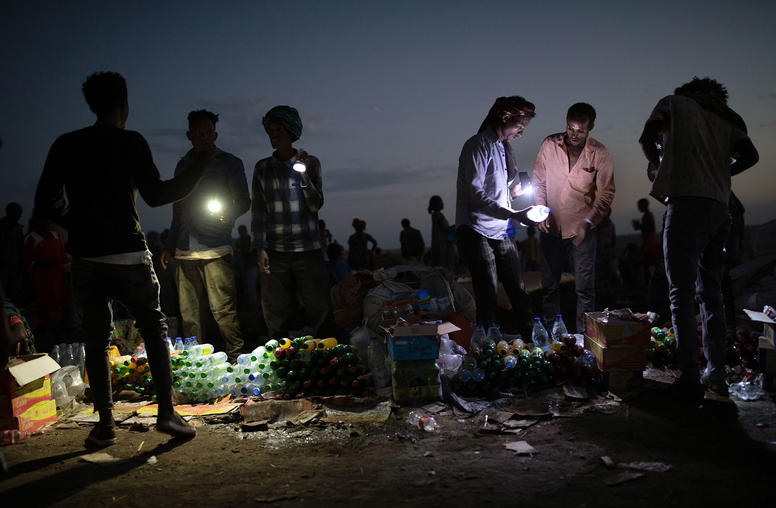
Ethiopia’s Worsening Crisis Threatens Regional, Middle East Security
The Gulf Arabs recognize a strategic reality that has eluded the stove-piped U.S. foreign and security policy bureaucracy for too long: The Horn of Africa is an integral part of the Middle East’s security landscape, and increasingly so. No country demonstrates this more clearly than Ethiopia. That country’s escalating internal crises pose an increasingly grave threat not only to the country’s citizens but to international peace and security and to the interests of the United States and its partners in the Middle East, principally Egypt, Saudi Arabia and the United Arab Emirates (UAE).
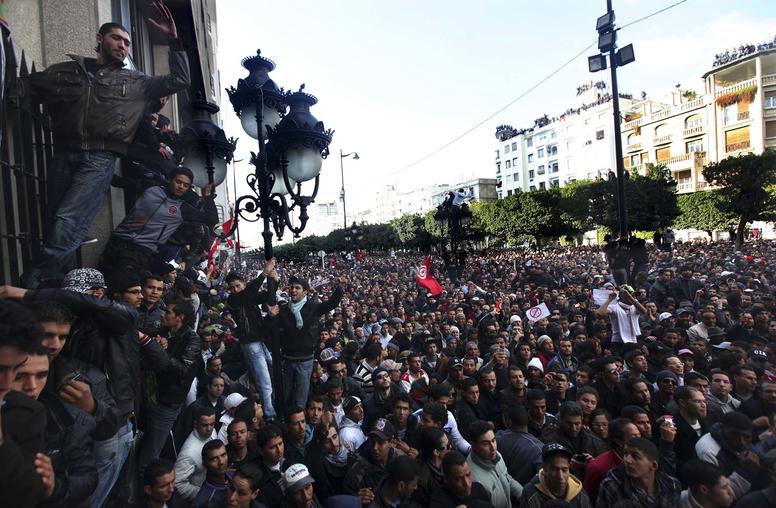
Where Does Tunisia’s Transition Stand 10 Years After Ben Ali?
The story by now is well known. Mohamed Bouazizi’s self-immolation in December 2010 sparked an unprecedented wave of protests across Tunisia and the broader region. Less than a month later, the country’s longtime dictator, Zine El Abidine Ben Ali, fled to Saudi Arabia. That was 10 years ago today. And while Tunisia is often lauded as the “lone success story” of the uprisings that swept across the region, its democratic transition remains in limbo. A decade later, Tunisians have seen hard-won improvements in political freedoms, but a lagging economy and sclerotic politics have stunted the realization of many of the protesters’ demands—and kept them in the streets.
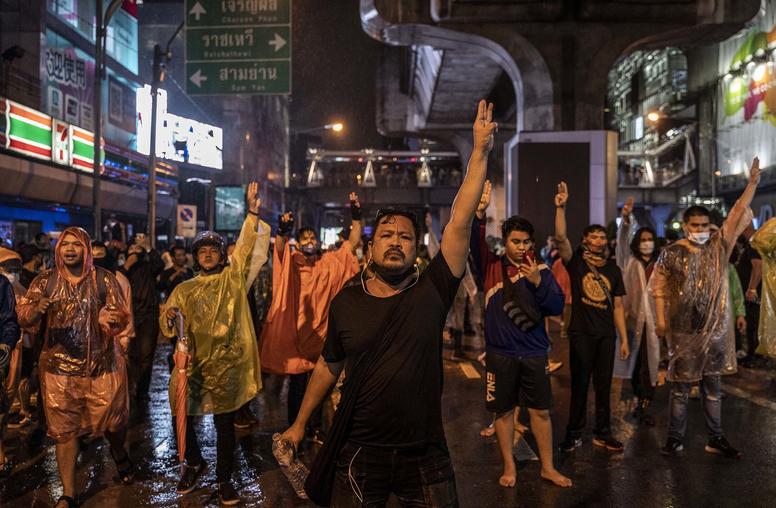
With TikTok and Harry Potter, Thai Youth Protesters Usher in New Era of Politics
In recent months a largely leaderless movement comprised of young people has ushered in a new phase in Thailand’s political struggle, successfully putting the government and monarchy on the back foot.
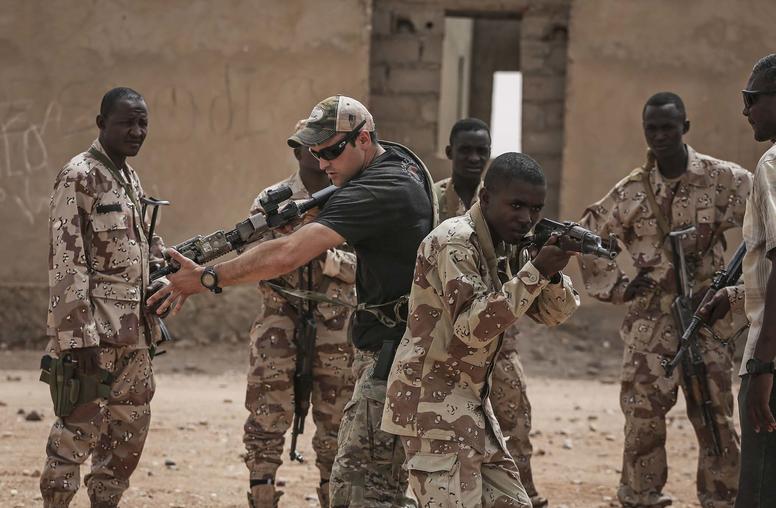
Global Fragility Act: A Chance to Reshape International Security Assistance?
When the new U.S. administration gets to work, domestic priorities will be front and center on the agenda. Preventing state fragility and violent extremism abroad may seem less urgent. But implementing the Global Fragility Act (GFA)—which aims to fulfill those goals—should remain a top priority. Successfully advancing the GFA would directly benefit U.S. national security and help establish a more values-driven foreign policy. To this end, the United States should work with allies to create a global architecture for security sector assistance built on principles of aid effectiveness adapted from development financing. A U.S.-brokered international consensus on security assistance would help stabilize fragile states, prevent violence, and increase the value of dollars spent on the GFA.
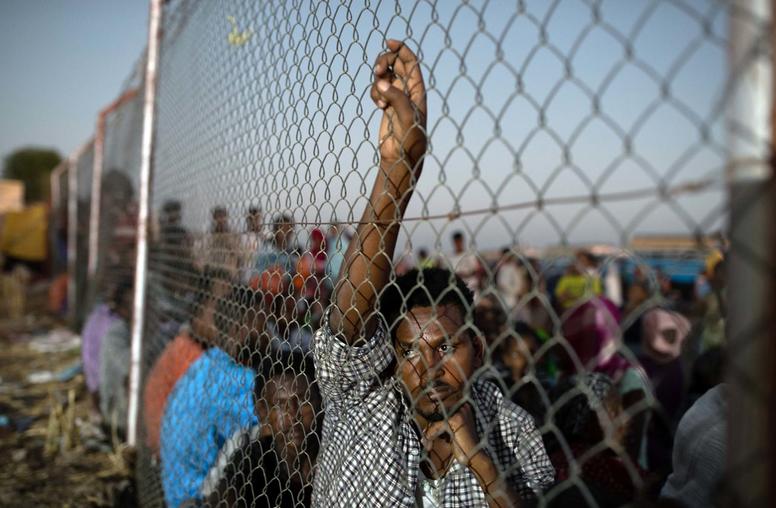
Could a National Dialogue Solve Ethiopia’s Political Crisis?
While the recent conflict in Tigray renewed international focus on Ethiopia, more challenges lie ahead, including elections now scheduled for June 5. The state of Ethiopia’s political transition is contested, and the country remains polarized. However, as Ethiopian scholars Emebet Getachew, Mehari Taddele Maru, and Yohannes Gedamu discuss, a national dialogue process may have the potential to address the country’s dilemmas.
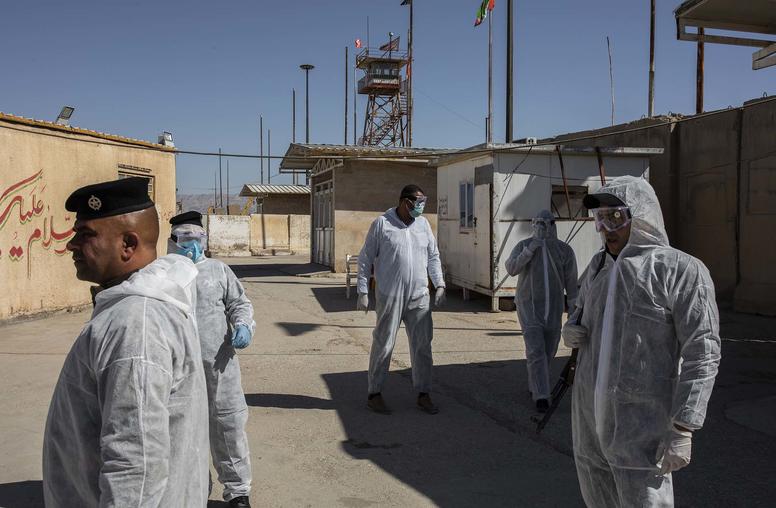
International aid prioritizes the pandemic over peace. But at what cost?
With the novel coronavirus emerging in late 2019, the attention of Western governments and international NGOs was dominated by the COVID pandemic in 2020, upending everything from domestic policies to international assistance priorities. The Devex funding database reveals more than $20.5 trillion has been committed to the global COVID-19 response from January to November 2020, with around $186 million for the Middle East and North Africa (MENA) region. Does this prioritization of COVID align with challenges facing the people of the region? Conversations with local peacebuilders expose that although the COVID cases might increase in 2021, pressing socioeconomic needs continue to trump concerns about the pandemic.
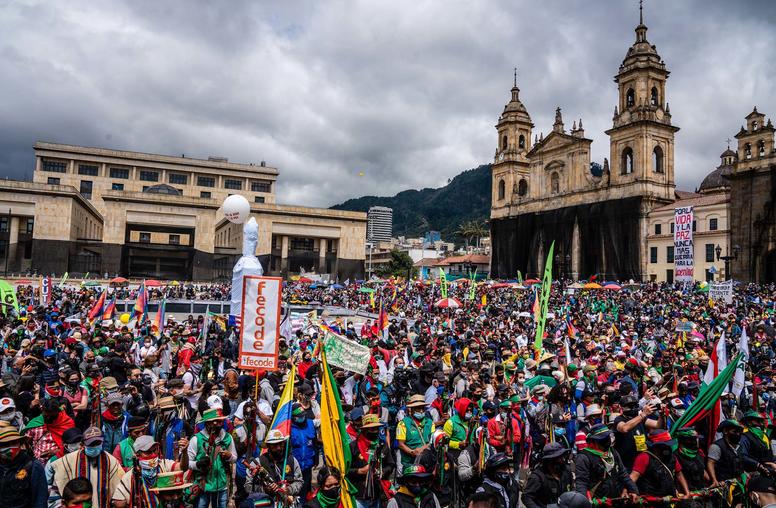
2021 Will See More Global Protest: Can It Remain Peaceful?
After years of steadily rising nonviolent action movements from 2009 to 2019, the eruption of the coronavirus 10 months ago forced an initial lull. But movements in virtually every region of the world soon rebounded—and while destructive riots periodically seized headlines, data show that public demonstrations in 2020 remained overwhelmingly peaceful. Evidence suggests that 2021 will continue to see high levels of mass mobilization. If anything, pandemic-driven economic recession and deepening inequalities are likely to spur increased demonstrations. It will be up to governments to respond in ways that can keep mass action peaceful and engage movements to redress their grievances.
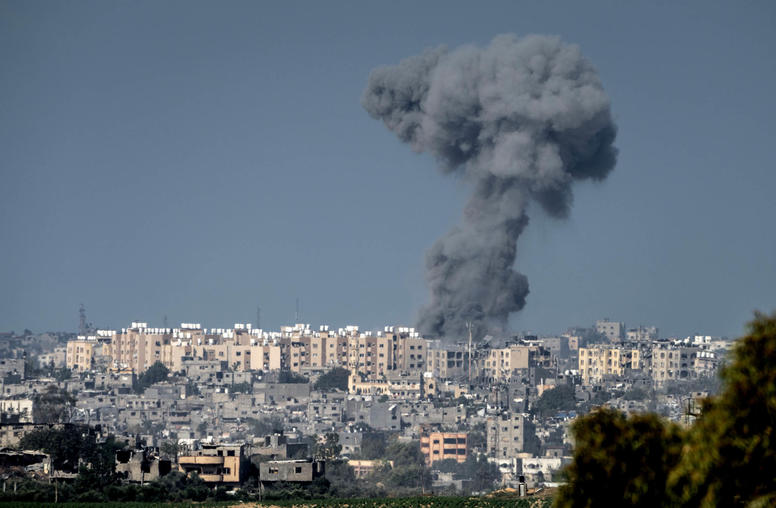
How the Israel-Hamas War Impacts Regional Relations
Hours before President Biden was to land in Israel last week, a missile hit Al-Ahli Baptist Hospital in Gaza, killing hundreds of Palestinian civilians in one of the deadliest incidents since this war began. This horrific incident points to a war that is of a different scale and significance than many previous rounds of violent confrontation and that will have reverberations throughout the Middle East. In recent days, tens of thousands of people have taken to the streets in rage and world leaders are calling for the protection of civilians and an immediate cease-fire in the face of the siege and escalating humanitarian crisis in Gaza, resulting in life-threatening shortages of water, electricity, fuel, food and life-saving medical supplies.
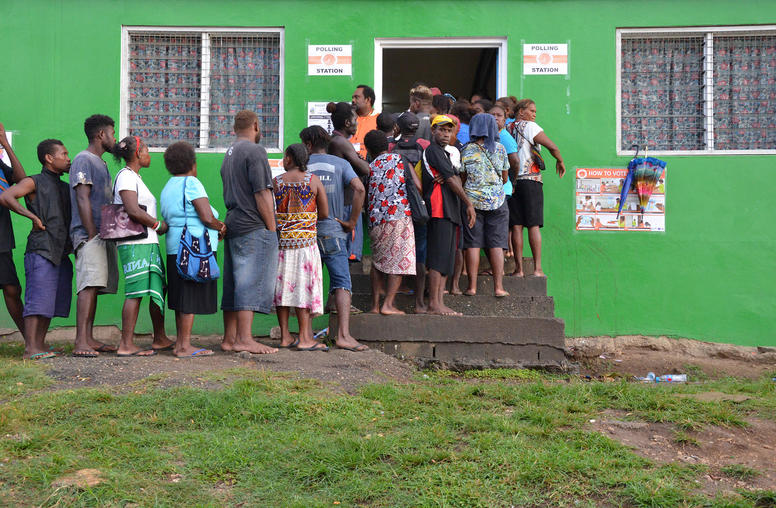
How Constituency Development Funds Undermine Solomon Islands’ Democracy
Solomon Islands is a relatively young democracy, with elections often both an exciting and tense occasion. Particularly heated contests occasionally result in violence in the form of brawls and, in one case in 2014, a shooting. The electoral system itself is modelled off the U.K. and appears relatively democratic on the surface. But many Solomon Islanders have voiced criticism that candidates can win with fewer than half the votes, and the lack of a public role in electing the prime minister helped spark riots in 2006.
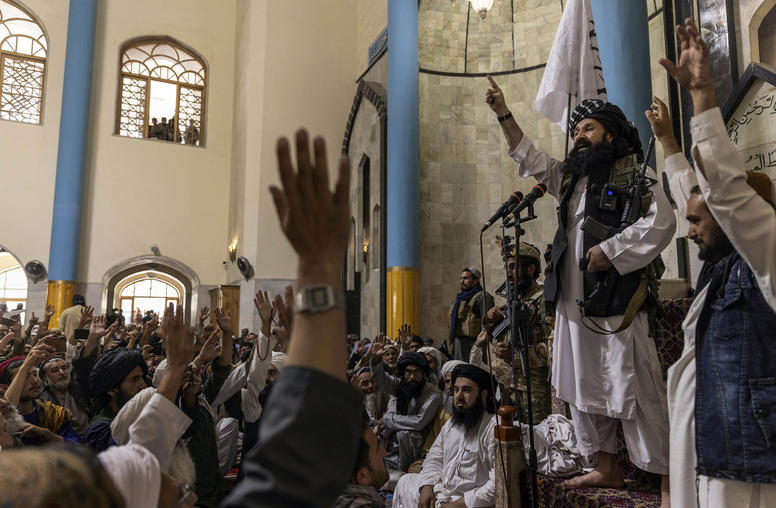
A Shift Toward More Engagement with the Taliban?
Since the Taliban retook power in Afghanistan in August 2021, the United States has found itself in a vexing dilemma — wanting to condemn and hold accountable the Taliban regime for persecuting women and girls, harboring terrorists and failing to govern inclusively, but also wanting Afghanistan to avoid famine and civil war, and achieve some economic and political stability. U.S. policymakers have thus tried to balance principle and pragmatism. To exert pressure on the Taliban, the United States has withheld diplomatic recognition and traditional development aid, frozen Afghan Central Bank assets and maintained sanctions on Taliban leaders.